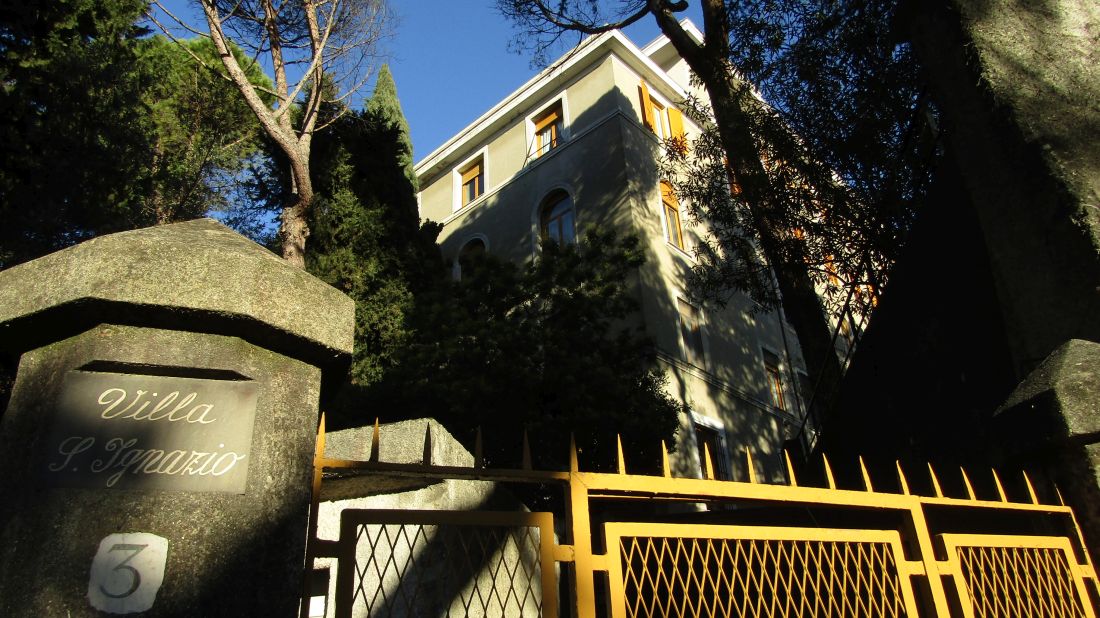This is, quite rightly, the question that friends and acquaintances ask me most often, each with their own baggage of preconceptions that can range from a hermitic-anachorete ideal of life that combines asceticism and corporal penances to a corporatist-Masonic one according to which the Jesuits are the holders of ancient treasures and secrets that they use to weave the plots of the new world order.
There, I would say, none of that.
Often the conversation focuses on the fact that for two years we literally live without money and without a phone in our pockets. For some, this deprivation amounts to a direct violation of the universal declaration of human rights. And so here I would like to explain that this is to all intents and purposes a privilege because we have no money in our pockets, but we do have a roof and food; we do not have a personal phone but we can organise ourselves to hear from relatives and friends by email or phone calls from a common mobile phone which we strive to use wisely and sparingly.
In reality, the days in the novitiate flow lightly, alternating between times of prayer, work, study, sharing and apostolate. There are some rules, and for some things that used to be natural to us we now have to ask permission. This can take a certain amount of time for an adult who has achieved a certain, if not total, independence before entering the Society to get used to it, but the logic is that of entering an apostolic body in which the will of each person is in harmony with the objectives of the body itself. Just as it happens in all families where the will of the parents and children harmonises with the objectives of the family itself, which are mutual love and the growth and education of the children, so we prepare ourselves during these years to work in the world for the greater glory of God and the good of souls.
Giacomo Mottola
